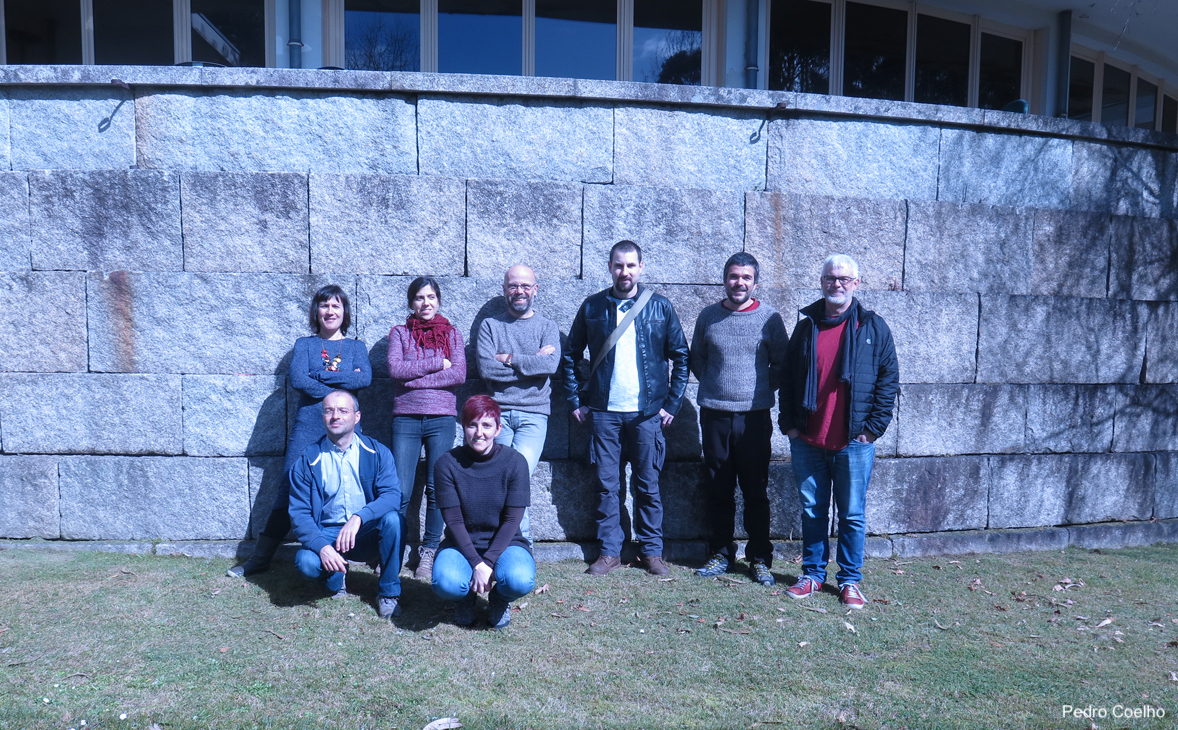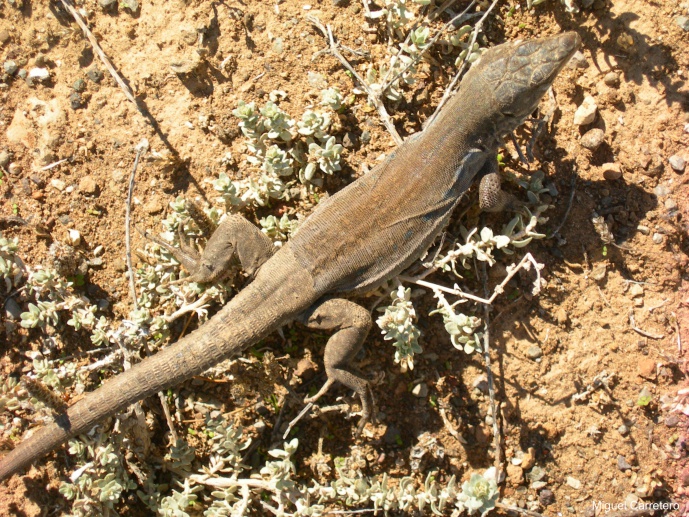Functional Biodiversity - FBIO
The mission of the Functional Biodiversity (FBIO) group within CIBIO-InBIO is experimentally inferring the functional roles of the elements composing Biodiversity (from genes to landscapes). Under a scientific method outline, hypothesis-driven studies and experimental tests are preferred over observational inductive methodologies.

Research is focused on the ecological and short-term evolutionary dynamics of organisms with the abiotic environment, as well as with other organisms either conspecifics,competitors, predators or parasites. This mechanistic approach departs from the individual organismal traits going upwards to the consequences on the population dynamics, community and landscape processes, and downwards to the metabolic functions, developmental shifts and ultimately the genes responsible for them.
Group members combine expertise from different areas and use a wide variety of methodologies, including behavioural experiments, ecophysiological tests, biochemical analyses, morphometrics, spectrometry, thermal imaging, demographic inference, correlative and mechanistic ecological modelling, genomics, character tracking, and inference of evolutionary rates in the phylogeny, community analysis and landscape analysist.
Theoretical outputs embrace biogeographic trends, social systems, adaptation and phenotypic plasticity under heterogeneous or novel environments, inter- and intraspecific competition, antipredator strategies, host-parasite dynamics, species replacement and responses to disturbance. Applied outputs comprise quantification of ecosystem services, urban and landscape planning, identification of vulnerable species, risk analysis of biological invasions, impact on native biota and on human well-being, responses to pollutants and to global change.
Research integration and interaction within the group, with other groups of CIBIO and beyond is encouraged.
